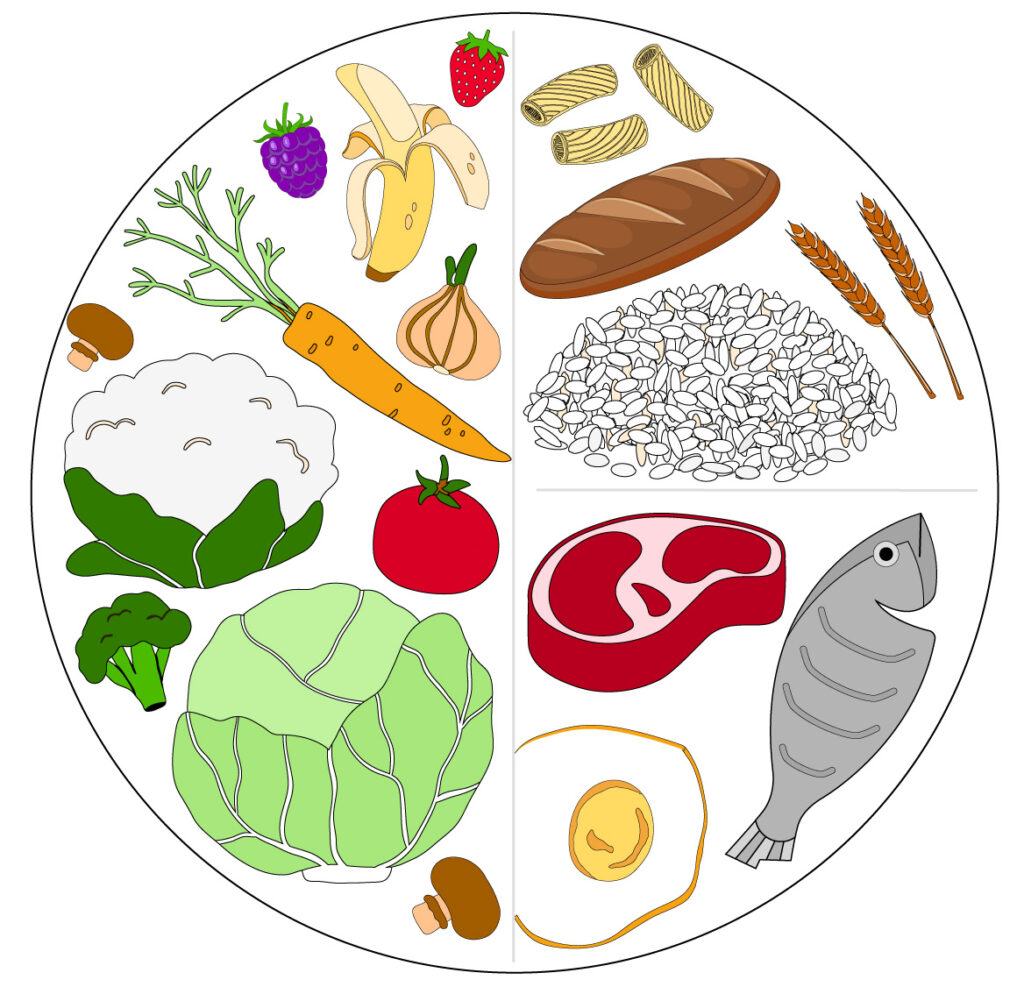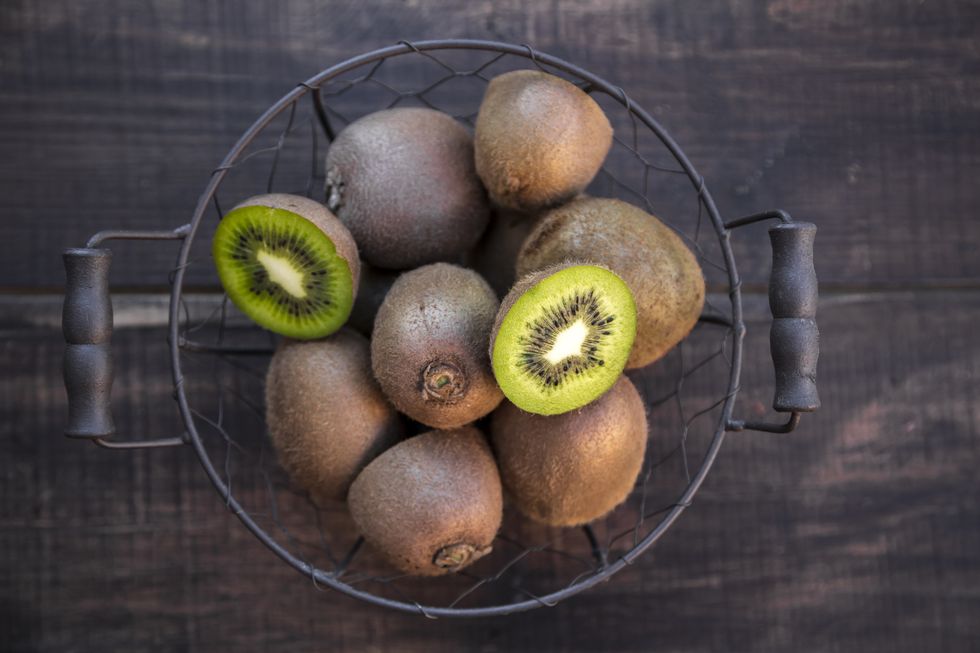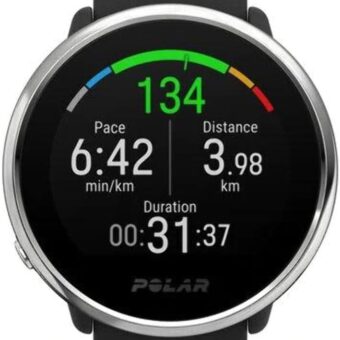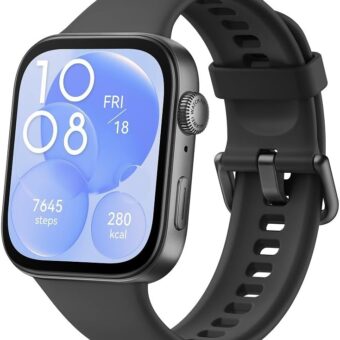
Struggling to fall (or stay) asleep? Then be sure you’ve had your fill of these snooze-inducers before hitting the hay.
Beans.
If you’re tossing and turning, consider serving beans instead of beef for dinner more often. Research has shown that a diet rich in dietary fiber may help us spend more time in slow-wave sleep, a stage of deep sleep that is particularly restorative to the body and necessary for better brain functioning, including memory during waking hours. In contrast, studies have found that when people ate less fiber and more saturated fat, they spent less time in slow-wave sleep and experienced more sleep disturbances.
Improved blood sugar control from eating more fiber and less sugar might enhance sleep quality, reducing the time spent staring at the ceiling. Additionally, fiber acts as a prebiotic, feeding the beneficial bacteria in your gut. This can increase the production of bacterial compounds like short-chain fatty acids, which may signal the brain to improve sleep. Besides beans, you can boost your fiber intake with lentils, vegetables, fruits, and whole grains.
Tart Cherry Juice
A handful of studies suggest that sipping tart cherry juice can improve sleep quality and duration. The ruby juice is one of the best natural sources of melatonin. The pineal gland produces melatonin and releases it into the blood after sunset, helping maintain your circadian rhythm and causing you to feel less alert and more sleepy. So tart cherries can give you an extra melatonin boost to help knock you out. As a bonus, the abundance of anthocyanin antioxidants in the juice has been studied for helping athletes recover faster from hard workouts .
As nighttime temperatures begin to dip, you may not have an appetite for a glass of cold juice, so try this nightcap: Whisk together 1 cup tart cherry juice, 2 teaspoons cocoa powder, and 1/4 teaspoon cinnamon in a small saucepan; heat over medium heat until steamy. Look for brands made with 100 percent cherry juice and not diluted with cheap fillers like apple juice .
Salmon
Riding in a zombie-like state? Consider casting your line for salmon more often for dinner to help knock you out faster. Research from Norway discovered that people who consumed salmon three times a week for a six-month period experienced improved sleep latency—meaning they fell asleep faster—than those who got more of their protein from chicken, beef, or pork. Another study found that children who eat fish at least once a week sleep better than those who consume fish less frequently or not at all.
The dynamic duo of vitamin D and omega-3 fatty acids in fish makes it a great dinner choice for promoting improved sleep. Omega-3 fats help reduce inflammation, which is associated with higher levels of sleep disturbances. Additionally, higher blood levels of DHA—one of the omega-3s found in fish—are linked with increased sleep duration in adolescents, which may also apply to adults. Other fatty fish, such as sardines, rainbow trout, and arctic char, could also be beneficial for sleep.
Kiwi
Not all nighttime snacks are created equal when it comes to helping you sleep like a baby. One of the better options appears to be this fuzzy fruit. Researchers found that eating two kiwi fruit an hour before bed for a month may help those who struggle with sleep problems improve sleep onset and better maintain a sustained slumber. It is not clear exactly how the fruit can help promote better sleep, but one explanation is that kiwis contain serotonin, a brain compound that regulates the sleep cycle. It’s sky-high levels of vitamin C may also have an impact. But we still need more research on why kiwi, and perhaps other fruit, can help us doze off.






